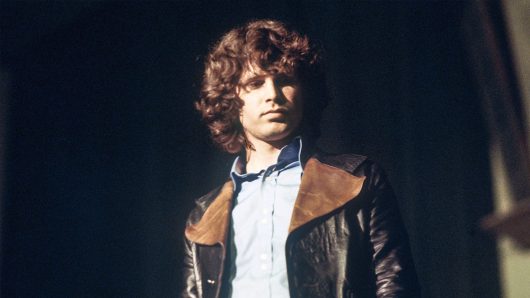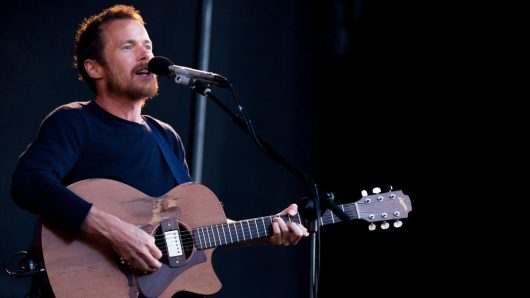For many music fans, Robert Plant will always be the bare-chested golden god fronting the legendary Led Zeppelin. However, even at the very height of their stadium-slaying pomp, when Plant established himself as one of the best frontmen in rock history, the singer was capable of reining in his band’s machismo with more thoughtful, reflective songs such as Thank You and The Rain Song, while his thirst for communing with different cultures helped shape Kashmir, a Physical Graffiti standout that remains one of the best Led Zeppelin songs of all time. Plant has carried this same restless spirit into his subsequent solo career, which has now spanned four decades and yielded fantastic music hewn from rock, folk, Americana and far-flung ethnic flavours, all of which flow through the richly diverse discography that harbours the best Robert Plant albums.
Listen to the best of Robert Plant here, and check out the best Robert Plant albums, below.
15: ‘The Honeydrippers: Volume One’ (with The Honeydrippers) (1984)
Faced with the dilemma of how to move forwards as an artist following the demise of Led Zeppelin, Robert Plant temporarily deferred making a decision by forming The Honeydrippers: an ad-hoc covers band with an emphasis placed on rhythm’n’blues. The group initially existed solely as a live entity before Plant made his solo debut with 1982’s Pictures At Eleven, but, with the blessing of Atlantic Records’ then president, Ahmet Ertegun, the singer later put together an all-star line-up of the group, featuring Jimmy Page and Jeff Beck, to record the 1984 mini-album, The Honeydrippers: Volume One. Produced with aplomb by Nile Rodgers, the record featured slick and faithful performances of a clutch of 50s standards and yielded a US Top 5 with its string-driven version of Phil Phillips’ Sea Of Love, but the project proved short-lived. A mooted full-length album never materialised, and Plant returned to his solo career with 1985’s Shaken ’n’ Stirred.
Must hear: Sea Of Love




